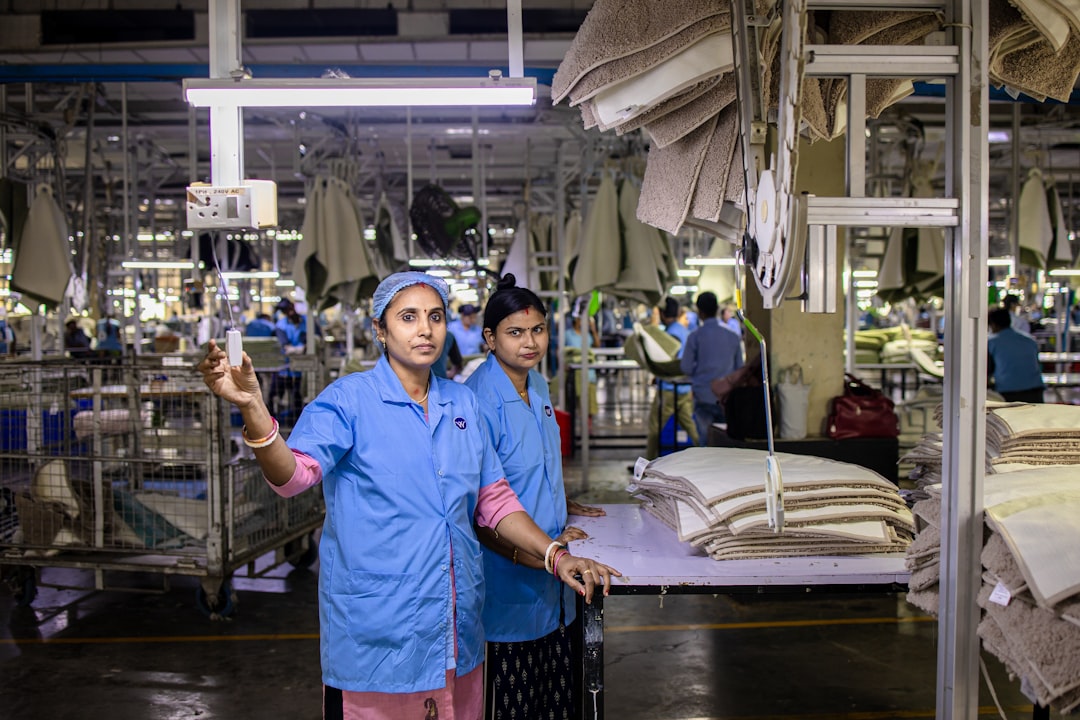No products in the cart.
Mapping the Global Pay Divide: A Look at Minimum Wages in 2025
Discover the stark contrasts in minimum wages across the globe in 2025, and what they signal for the workforce of tomorrow.
[City], [Country] — As the sun rises over the vast economic landscape of 2025, the minimum wage map is painted with stark contrasts. In some corners of the globe, workers are barely scraping by, while in others, they enjoy a semblance of financial security. This divide isn’t just about numbers; it’s about lives, aspirations, and the very fabric of society.
The International Labour Organization (ILO) reports that minimum wages vary dramatically from one country to another. While the highest minimum wage is found in Australia, where workers earn around $20.33 an hour, the lowest is in Burundi, where the figure hovers around just $0.04 an hour. These figures tell a story of economic disparity that transcends borders.

In regions like Western Europe, minimum wage laws are often seen as a fundamental right. Countries such as France and Germany have robust safety nets, ensuring that even the lowest-paid workers can afford basic necessities. In contrast, nations in parts of Africa and Southeast Asia face challenges that keep their minimum wages alarmingly low. In some cases, these wages do not even meet the bare minimum for survival, indicating a troubling gap in the global economy.
This situation raises questions about not just fairness, but also the sustainability of growth in developing nations. When workers are paid so little that they cannot support their families, it affects their productivity, morale, and ultimately, the economy as a whole. A thriving economy relies on a healthy, well-compensated workforce — a lesson that many countries are yet to learn.
The economic ripple effect could lead to vibrant local economies, benefiting not just workers but also businesses.
But the conversation around minimum wage is evolving. Advocates for a living wage argue that the current minimums are a remnant of outdated economic models. They stress that raising the minimum wage could significantly reduce poverty levels, stimulate consumer spending, and promote a healthier workforce. The economic ripple effect could lead to vibrant local economies, benefiting not just workers but also businesses.
However, the push for higher wages is met with resistance. Some argue that increasing the minimum wage could lead to job losses, as small businesses struggle to cope with the increased labor costs. The debate is complex, with valid points on both sides. Yet, as we look to the future, it is imperative to find a balance that supports both workers and economic growth.
In the gig economy, where flexibility often comes at the expense of stability, the conversation becomes even more layered. Many gig workers are classified as independent contractors, which often excludes them from minimum wage protections. As companies like Uber and DoorDash reshape the labor landscape, questions about fair compensation become increasingly urgent.
Moreover, the rise of remote work has blurred the lines of geographic pay disparities. Tech companies in Silicon Valley are already paying remote workers in lower-cost regions competitive salaries, raising the bar for minimum wage discussions across the board. As the workforce becomes more globalized, the implications of these shifts must be carefully considered.
Looking ahead, it is clear that the minimum wage debate is unlikely to fade. As economies evolve, so too must our understanding of what constitutes fair pay. For young professionals entering the workforce, this landscape offers both challenges and opportunities. The ability to negotiate salary, understand the value of one’s work, and advocate for fair compensation are skills that will be essential.
Yet, as we look to the future, it is imperative to find a balance that supports both workers and economic growth.
In this ever-changing world, staying informed and engaged in discussions about minimum wage will empower the next generation of workers. As they navigate their careers, they must remember: their voice matters. Advocating for fair wages is not just a fight for today, but a necessary step towards a more equitable future.











